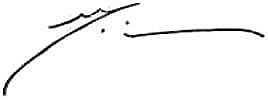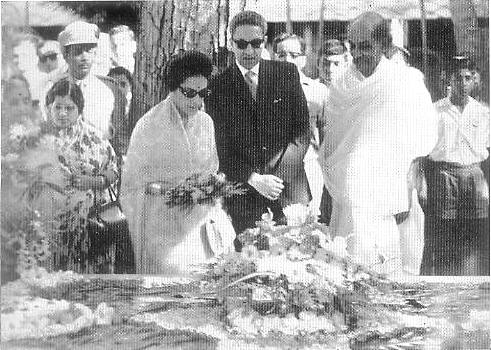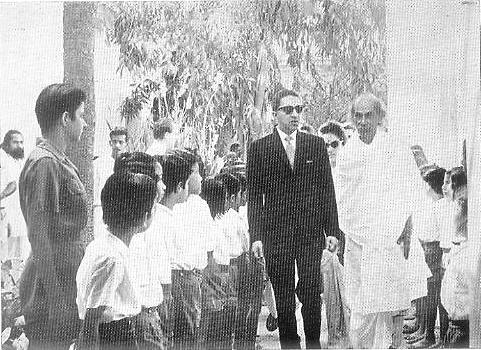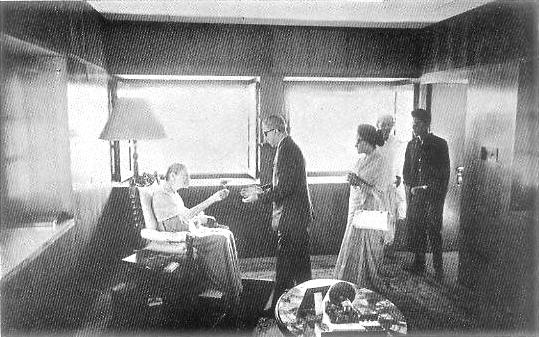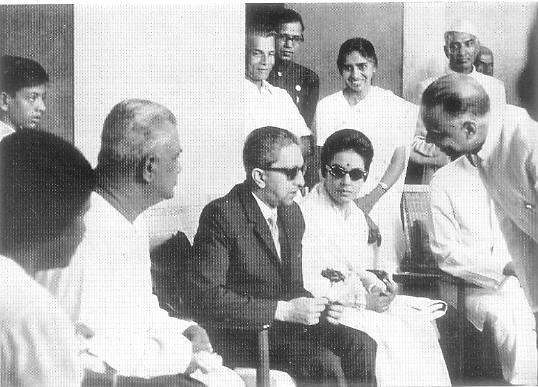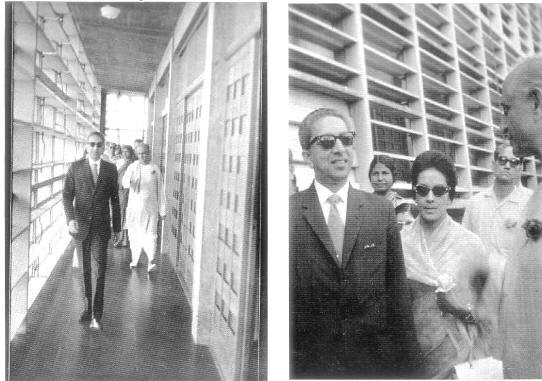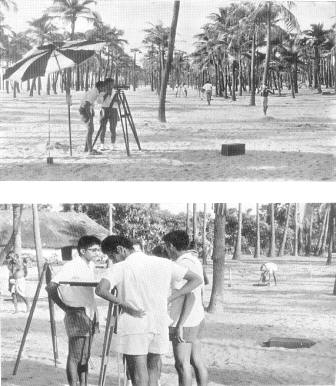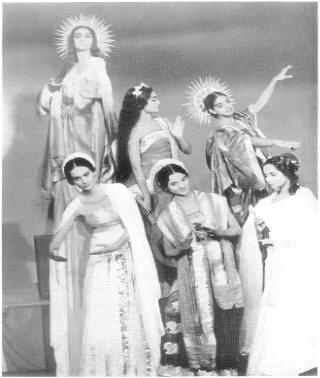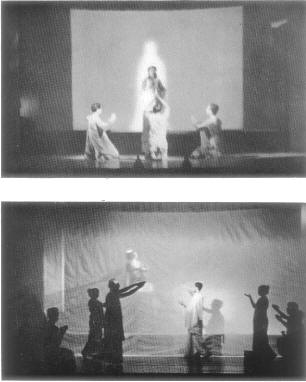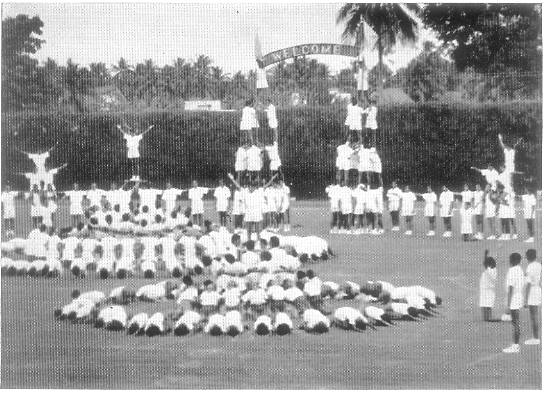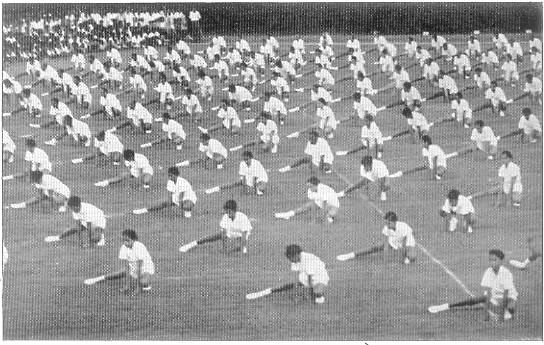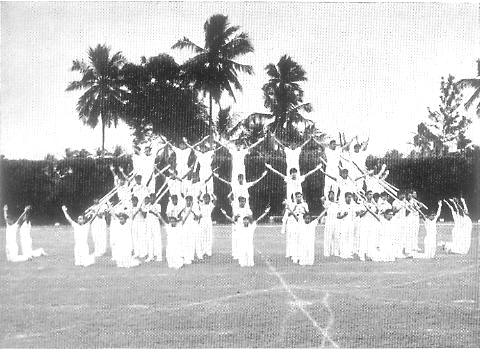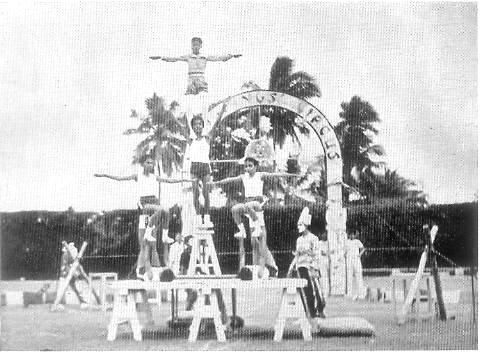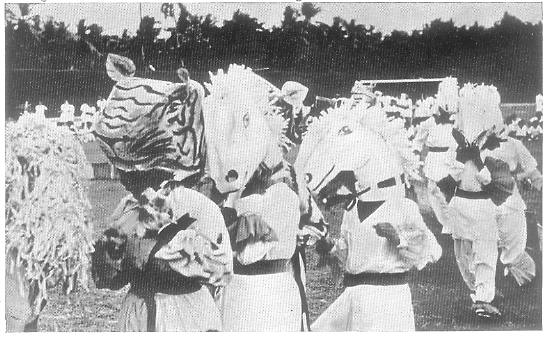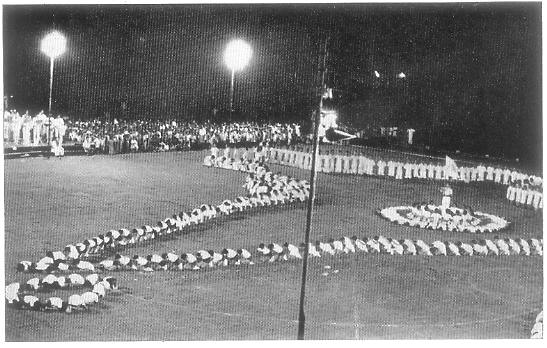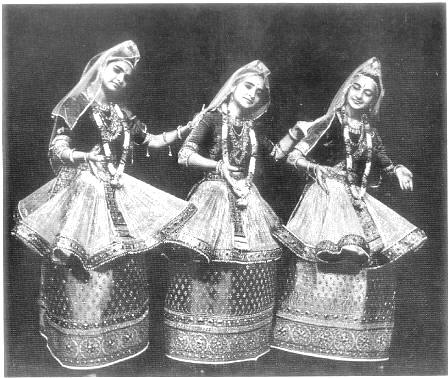dans les effets de l'expérience d'une conscience de béatitude intense et sans limite. Et puisque l'amour est le pouvoir réalisateur et le symbole d'âme de l'unité en la béatitude, l'être supramental s'approchera de cette unité et-y accédera par la porte de l'amour universel — d'abord la sublimation de l'amour humain, puis l'amour divin, puis un sommet de beauté, de douceur et de splendeur, maintenant inconcevable pour nous. Dans la conscience de béatitude, il sera un avec le jeu du monde entier et avec ses puissances, ses devenirs, et à jamais seront bannies la tristesse de notre pouvoir, et la peur, la faim, la souffrance de notre existence mentale, vitale et physique obscurcie. Il aura ce pouvoir de liberté en la béatitude, qui unifie tous les principes contradictoires de notre être en leur valeur absolue. Tout le mal sera forcément changé en bien; la beauté universelle de Celui qui est Toute-Beauté prendra possession de ses royaumes déchus, l'obscurité sera l'enfantement d'une gloire de lumière, et les discordes mentales qui séparent la Vérité, le Bien et la Beauté, le Pouvoir, l'Amour et la Connaissance, disparaîtront au sommet éternel dans les étendues infinies où ils sont toujours un.
Dans le mental, dans la vie et dans le corps, le Pourousha est séparé de la Nature et en conflit avec elle. Il s'efforce de la dominer et de contraindre ce qu'il peut en incorporer par sa force masculine, et malgré tout il reste soumis à ses dualités affligeantes — en fait, il est son jouet du haut en bas et d'un bout à l'autre. Dans la gnose, il est "bi-un" avec elle, deux en un; étant maître de sa propre nature, il trouve sa réconciliation et son harmonie avec elle dans leur unité essentielle, tout en acceptant, car c'est la condition de sa maîtrise et de ses libertés, une soumission infiniment béatifique au Suprême dans sa Nature divine souveraine. Sur les cimes de la gnose et dans l'Ânanda, il n'est plus seulement "bi-un" avec la Prakriti, mais un avec elle. Le jeu déconcertant de la Nature et de l'âme dans l'Ignorance n'existe plus; tout est le jeu conscient de l'âme avec elle-même et avec tous ses moi, avec le Suprême et avec la Shakti divine dans la nature de béatitude infinie devenue sa propre nature. Tel est le mystère suprême, le haut secret, simple pour notre expérience, bien que difficile et complexe pour nos conceptions mentales et pour notre intelligence limitée qui s'efforce de comprendre ce qui la dépasse. Dans la libre infinitude de la joie de Sachchidânanda, il y a le jeu d'un Enfant divin, la rasa lîlà de l'Amant infini, et les symboles mystiques de son âme se répètent en signes
de beauté, en mouvements et en harmonies de félicité dans un éternel à jamais.
SRI AUROBINDO

1966
Let us serve the Truth
What is the Truth ?
He who wants sincerely to serve the Truth, will know the Truth.
THE MOTHER

